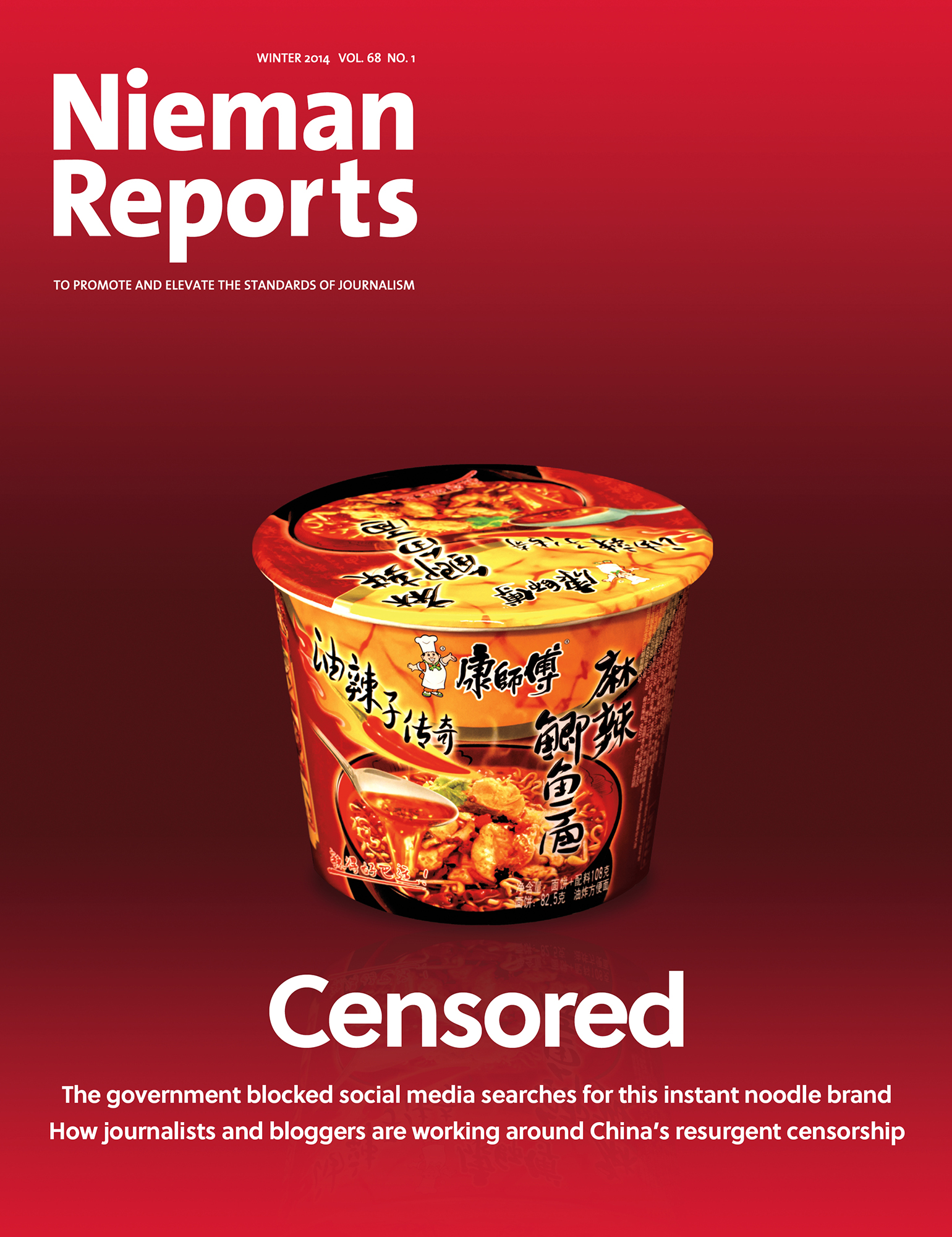Internet censorship in China is not simply matter of blocking foreign websites and deleting anything deemed harmful, nor is the state the only actor. The government delegates censorship to private websites, which face punishment, including closure, if they do not comply. On social media platforms like Sina Weibo, the Twitter-like site where about 100 million posts appear daily, censors block keywords to keep people from discussing politically sensitive topics. Chinese Internet users skirt censorship by using a variety of innovative strategies.
1: Use a word that shares a character with a censored word
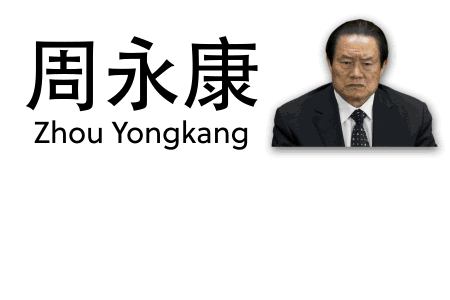
One target of censors over the past two years has been Zhou Yongkang, once China’s security chief and general manager of the China National Petroleum Corporation, a state-owned enterprise. After the detention of Communist Party leader Bo Xilai in March 2012, it was rumored that Zhou and Bo were plotting a coup. He has been under investigation since September 2013 on corruption charges. Netizens get around the ban on mentioning his name by referring to him as Kang Shifu (“Master Kang”), an instant noodle brand that shares a character with Zhou Yongkang.
2. When the new term is banned, substitute a word close to it in meaning
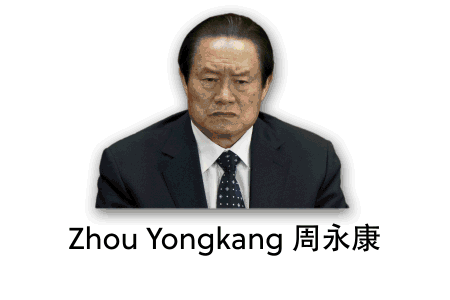
When censors caught on and any mention online of “Kang Shifu” (“Master Kang”) was banned, references to Zhou Yongkang morphed into the generic term for instant noodles: fangbiànmiàn. Some keywords are unblocked after the issue to which they relate has quieted down. “Master Kang” is now searchable on Weibo.
3: Substitute a character that sounds the same but has a different meaning
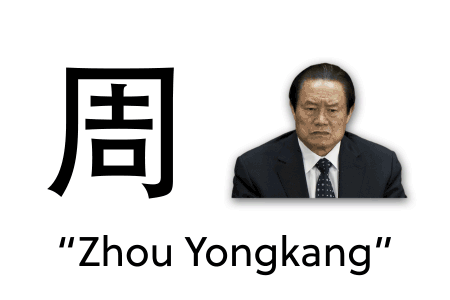
Chinese characters that look nothing like each other can nonetheless sound the same. By changing one character, Zhou Yongkang becomes Zhou Yongkang, or “Rice Porridge” Yongkang.
4: Use a nickname
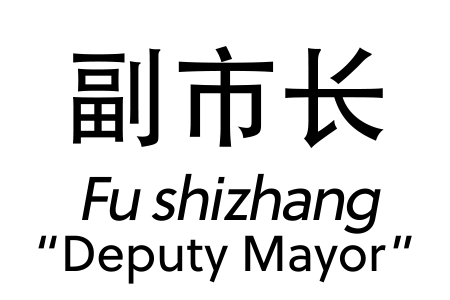
This technique is particularly common for political figures. One nickname for Wang Lijun is “head nurse”, a term that puns on “deputy mayor” in Chinese. Wang was the deputy mayor and police chief of Chongqing under Bo Xilai. “Frisbee Hu,” a nickname for Hu Xijin, chief editor of the state-run Global Times, arose from a joke that he retrieves whatever the government throws at him.
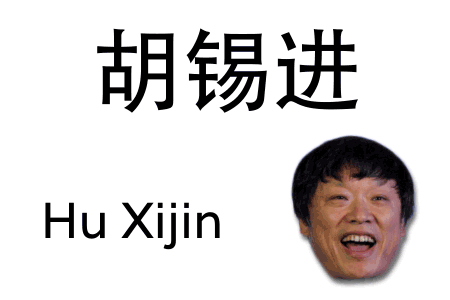
SOURCE: CHINA DIGITAL TIMES


